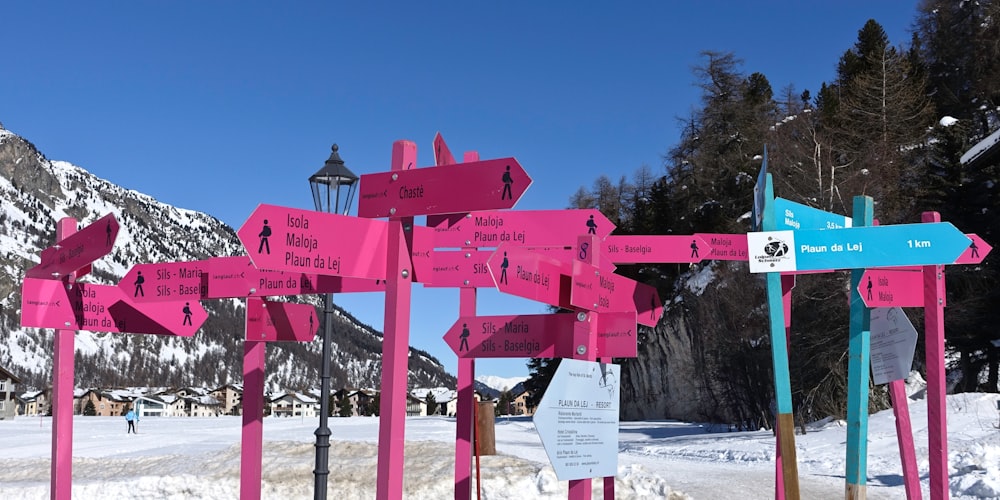 Oct 31 2022
Oct 31 2022Why are Travel Websites so bad?
We live in a world of plenty. More TV, music, movies, books and entertainment options than ever. This makes curators and influencers increasingly important. Whether that’s a reviewer in a magazine, somebody on YouTube or a friend on social media - we all rely on others to help us know what to watch, listen or read next.
Travel agents have been ahead of this game for almost 100 years. Given a literal world of options, customers walking into a high-street agency are granted the expertise of a travel professional to help them narrow down the trip which makes sense for them.
Yet, 25 years after I built my first, travel websites still seem unable to translate the personalised service that a good agent is so revered for. Instead, visitors are directed towards a database of a million options (and many even boast about how many choices they have!) and are asked to go spelunking in the hope of finding something precious in its depths.
I was recently looking for some winter sun and went to see what I could find. I tried a few well known agency websites, but none of them really helped solve my problem - that even I wasn’t sure what I was looking for. I wanted inspiration, guidance, and the voice of a trusted source to help me navigate the options available to me. Instead what I got was a few random “special” offers, a basic wall of text describing a couple of islands and the dreaded database search box.
Some forced my search to be very specific, others allowed it to be broad, but it made little difference. With a specific search you feel like you’re going to miss out on the best price, because there’s always the fear flight prices could be much cheaper if you just departed a day earlier. A broad search is meant to solve the “I don’t know what I want” problem, but all it really does is just give you even more choice. If we assume the purpose of the website is to cut the million options in the database down to the 1 perfect holiday for them - getting more results from an “anywhere” search is actually the opposite of what it needs to do.
When you get results, the filter options often assume that the customer is a travel agent. Do a search for Tenerife and you’ll get a resort filter with 20-40 different options. If you’ve never been before, will you have any idea of the difference between Playa de las Americas and Los Cristianos? Does the website help explain that? Of course not.
Not all of the websites I tried have a high street equivalent, but I am pretty positive that the ones that did wouldn’t have an agent read out the names of 1000 hotels to me were I to ask them the same question. They would also tell me which resorts were best for my party of 4, along with the ones I probably wanted to avoid however cheap they appeared to be. Yet there’s no attempt to translate any of that expertise.
What makes it worse is that once they’ve thrown 1000 options at you, the content is terrible. Despite the proliferation and popularity of online video, there’s none to be found on any of these sites. Want to see what those 20 resorts look like? Sorry. How about the local area? Nope. Judith Chalmers was making travel television in 1974, yet it’s 2022 and none of these sites can even give me a 1 minute explanation of which resort would be best for families.
OK, so there’s too many options, the filters assume I’ve got a deep knowledge of the area, there’s no video to help me see what I’m in for - but there’ll be some nice pictures of the hotels, right?
Sadly we still live in an era where the best way to find out what the hotel actually looks like is to find the “travellers photos” section on TripAdvisor. This isn’t really an agent problem, it’s the hotels themselves who still don’t seem to understand what the customer is looking for. We don’t want close up pictures of wine glasses on tables, we want to know what the room looks like. I recently booked a Hilton hotel from the Hilton website, where I had the choice of several different room types. Out of the 10 choices and despite being a different class of room, 4 of them had an identical single picture of a bathroom sink.

The hotel industry isn’t alone. With 2 young kids, I always want to see how we will fit in one room. I booked a cruise last year and Royal Caribbean didn’t have a single picture of what the cabin looked like with the sofa bed open. P&O are no better, I’ve seen cabins which claim to sleep 4 but I can’t tell from their photos where the other 2 beds appear from. There’s no ship video tours, but they do include a photo of rocks sitting on a woman’s back.

Meanwhile on YouTube, various solo travellers, couples and families are making 1 or 2 videos a week showcasing hotels, resorts and adventures across the globe on tiny production budgets. I watch more of these than I do big-budget specials on Netflix or Disney Plus, and they’re all doing a great job of acting as travel agents in the digital age - and none of them even know it!
None of these are insurmountable problems. Agents need to recognise the importance of good content, not just video, but simple stuff like explaining more about a resort or picking out which hotels are best for different kinds of customer. Let’s not take away the database, but let’s make websites which are content lead, inspiration lead and dreams come true lead. Slapping a recommended label on a couple of hotels in your search results is not enough.
Travel agents are the perfect online influencers, I just wish some of them would act like it.
If you want to talk to us about helping improve your own travel website, contact us.
Photo by Daniele Levis Pelusi on Unsplash

